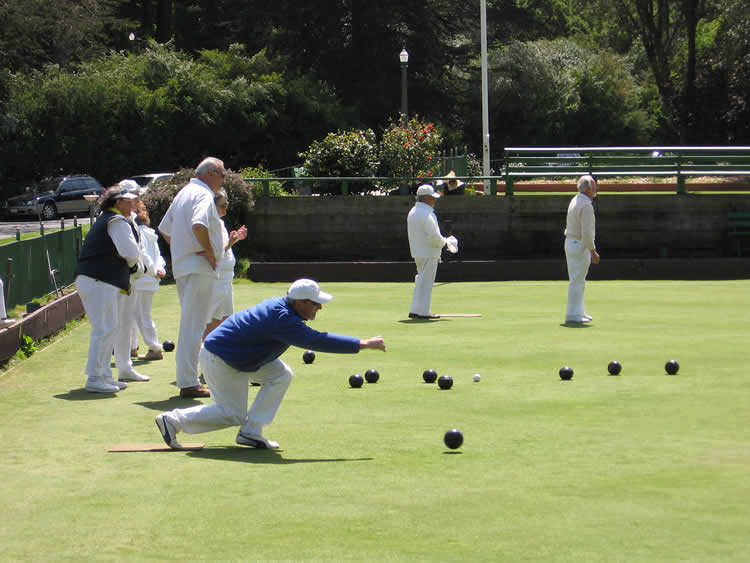Exercise is one of the best ways to protect against dementia in later life and the earlier you start, the greater the effect, research suggests.
Participating in intellectually stimulating leisure activities, paid work, volunteer work or study can also help protect against memory loss and reduce the risk of developing Alzheimer’s disease.
UWA adjunct clinical professor Nicola Lautenschlager, who led a review of strategies to delay cognitive decline, says there is a growing body of evidence that suggests exercise is beneficial for brain health.
“The knowledge we have so far basically makes it very clear that regular physical activity, even at an older age, can be very beneficial for protecting cognition,” she says.
“Beyond that it’s also very effective for protecting or maintaining mental health, especially in relation to symptoms of depression or anxiety.”
Prof Lautenschlager, who is based at the University of Melbourne, says older people who are well enough are advised to do 150 minutes of physical activity a week, such as going for walks.
“When it comes [to] brain health…it would be good if the walking speed isn’t very slow, so it shouldn’t be a stroll but rather what we call moderate pace,” she says.

“Research has shown that the level of physical activity has to have a certain intensity so that the brain benefits.”
Enjoyable hobbies key to brain health
Hobbies that keep the brain active, such as playing an instrument, going to concerts or joining a book club, can also be very helpful as long as it is an activity a person enjoys, Prof Lautenschlager says.
“The minute you prescribe an activity they hate doing…most likely the effect in terms of being beneficial for brain health is lost,” she says.
“It produces so much stress in the body not wanting to do it that the stress is more harmful than the benefit of keeping the brain active.”
Prof Lautenschlager says middle age is a crucial time for making lifestyle decisions that will determine a person’s health in later life.
“Usually we are talking about when you move into your 30s, definitely the 40s and also still the 50s,” she says.
“Things like a high blood pressure or carrying too much weight, if you do that in these decades, it seems to harm the brain long-term in terms of how healthy a person is in their 70s or 80s.”
Ideally people should aim for a healthy lifestyle from childhood but luckily research shows lifestyle changes still have an effect on brain health if a person is already old, Prof Lautenschlager says.
“Even programs…with seniors in their 70s and 80s can still make a difference,” she says.
The research was published this month in the journal Maturitas.
Contact: Michelle Wheeler – ScienceNetwork WA
Source: ScienceNetwork WA press release
Image Source: The image is credited to Adam Gerard and is licensed Creative Commons Attribution-NonCommercial-ShareAlike 2.0 Generic
Original Research: Abstract for “Non-pharmacological strategies to delay cognitive decline” by Nicola T. Lautenschlager, Kaarin J. Anstey, and Alexander F. Kurz in Maturitas. Published online September 15 2014 doi:10.1016/j.maturitas.2014.07.012






